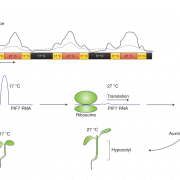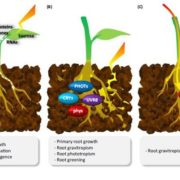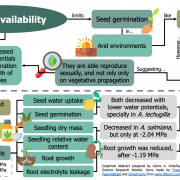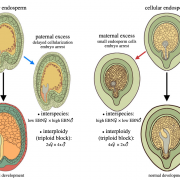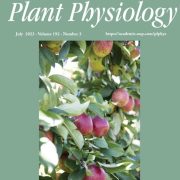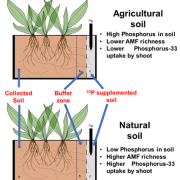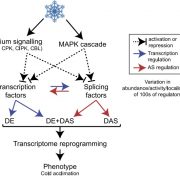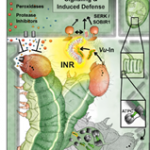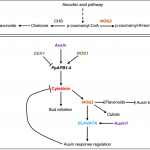Elevation filters seed traits and germination strategies in the eastern Tibetan Plateau (Ecography)
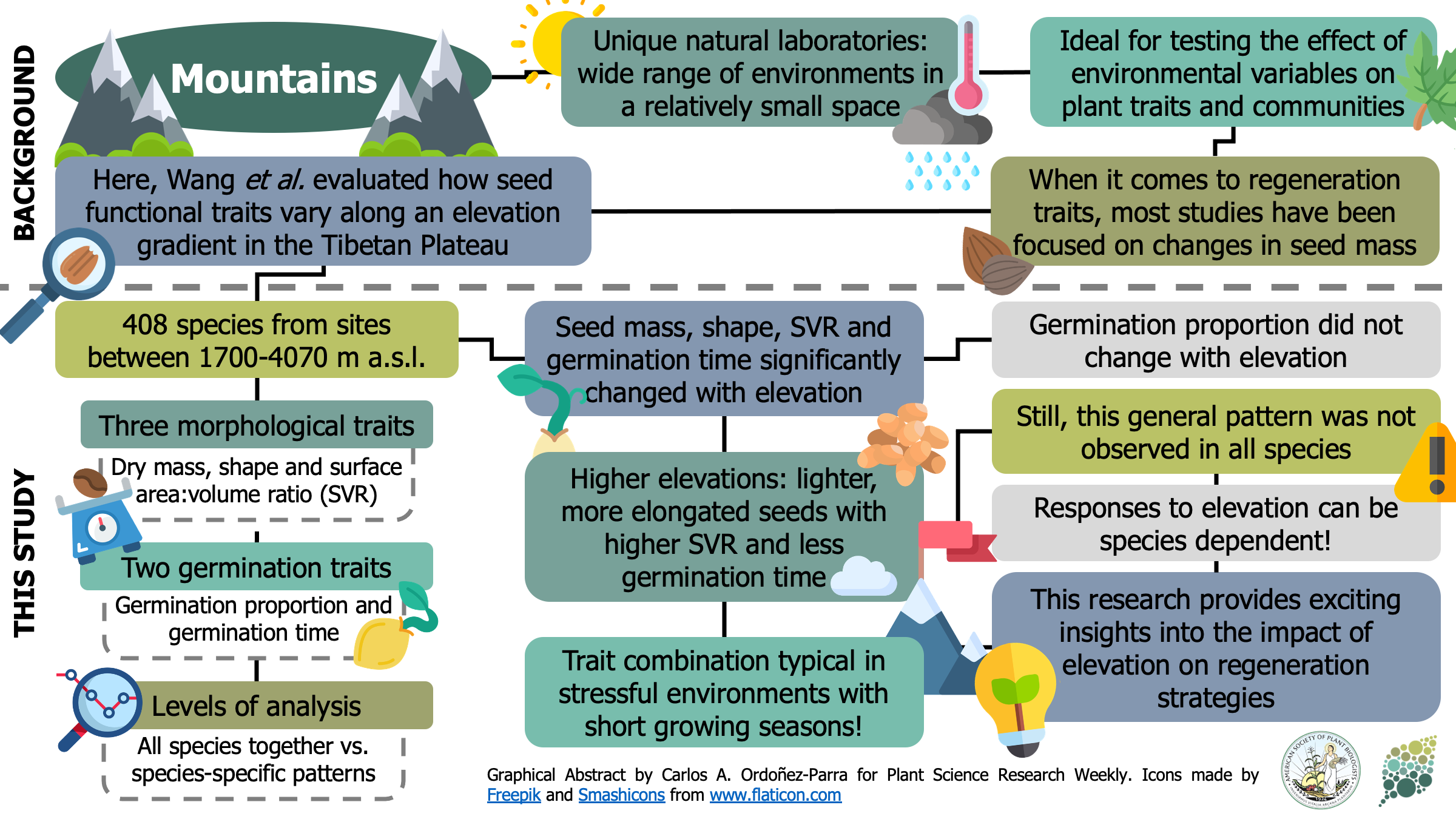
Mountains are extraordinary natural laboratories. They encompass a wide range of environments in a relatively small space, making them ideal for assessing how different environmental variables shape plant traits and communities. Here, Wang and colleagues evaluate how seed functional traits vary along an elevation gradient in the Tibetan Plateau. Seeds of 408 grassland species were collected in sites between 1700 and 4070 meters above sea level. For each, three morphological [seed mass, shape, and surface area:volume ratio (SVR)] and two germination (germination proportion and time) traits were recorded. Overall, seeds from higher elevations were lighter, more elongated, and had higher SVRs. Moreover, they germinated faster. This combination of traits has been traditionally associated with plants living in stressful environments with short growing seasons, which is the case of high-mountain sites. However, when the authors assessed the same changes within species, not all reflected these overall patterns, suggesting that some species might evolve distinct responses to elevation. As a result, this research provides exciting insights into the influence of elevation on plant regeneration strategies. (Summary by Carlos A. Ordóñez-Parra @caordonezparra) Ecography 10.1111/ecog.04972


